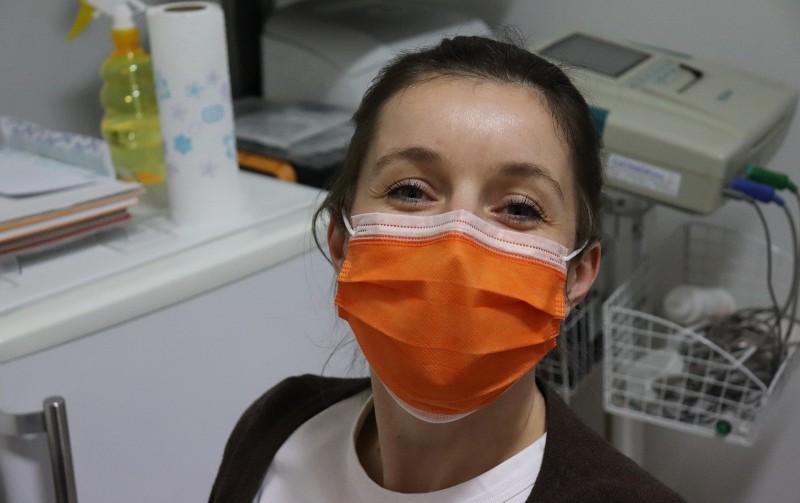As we’re all learning to adapt to the coronavirus crisis, we’ve become familiar with some unsettling facts. For instance, many of us may now know that the virus can live for up to three days on plastic, up to five days on paper, and up to 24 hours on cardboard. The question then becomes, how are companies protecting their staff and customers from contamination?
Cannabis businesses, particularly plant-touching, packaging, and retail facilities have a responsibility to protect employees and consequently, their clients, from contamination.
The best way to achieve this? Pay careful attention to staff. Are they feeling ill? Have they been exposed? Open communication is vital to staying ahead of the virus.
If an employee is infected with COVID-19, he or she may inadvertently spread the virus through contact with surfaces.
As an essential service, cannabis businesses are staying open. However, there are no regulations or standards on how to conduct business, though some federal agencies have released recommendations.
Staff Safety Protocols
Lacking official mandates, many companies are taking this responsibility into their own hands, creating protocols to protect staff and customers from cross-contamination.
Mindful companies, first-and-foremost, are concerned with the well being of their staff.
CEO of Agriscience Labs Frank Traylor shared why his company implemented their own safety procedures: “The foundation of a company is its employees. That is especially true in our business.”
Agriscience Labs, based out of Colorado, is a hemp and cannabis testing facility that helps cannabis companies ensure compliance and product quality.
Traylor explained, “Our employees not only have the proper education, they have years of experience amassing very specific knowledge, the intricacies of the marijuana plant. Whereas a computer virus might hurt a company by taking out its computer systems, or a poor economy can affect sales/marketing/throughout, COVID-19 directly attacks the foundation, our employees.”
Employee Physical Distancing
In response, they’ve instituted several precautionary measures.
Rather than one shift with all of their employees, they’ve switched to two, non-overlapping shifts. This gives employees more room to spread out and limits the number of people in any area at one time.
To ensure they keep up with demand, they’ve moved to a seven day work week. This allows the company to have fewer staff members in the office at a time.
They’ve also requested first-floor and second-floor workers do not move between floors. This further limits opportunities for transmission. Of course, they are asking any staff who can work from home to do so.
Limiting Customer Contact
Further, when clients arrive at the office to drop off samples, they are now met at the door rather than allowed inside.
Couriers, who pick up samples and deliver them to labs, are now working fewer hours and are provided with gloves and hand sanitizer.
Corporate Culture and Communication
Most importantly, management is paying close attention to what their staff is saying. Traylor wisely noted, “If someone feels sick, we send them home. If they suspect they have been exposed, we send them home. Everyone knows to communicate, because we are listening.”
These measures seem especially prudent now, but the reality is they may have to continue long after shelter-in-place orders have been lifted. This new virus is highly-contagious and will circulate through the population for many years, even after a vaccine has been developed.
Until we form a collective immunity or find a way to eradicate it entirely, safety protocols like those discussed may become the new normal for how businesses operate.
Author
-

Patricia Miller is an executive editor at Innovative Properties Worldwide. She explores science, technology, and policy shaping the legal cannabis sector. Follow her work when you subscribe to Cannabis & Tech Today at cannatechtoday.com/subscribe/ or visit her website https://patriciamiller.squarespace.com/.





